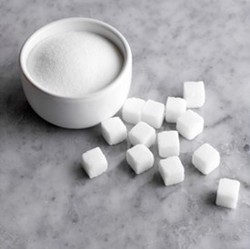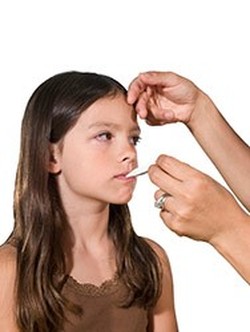
According to a recent study, many of us eat the equivalent of 53 heaping teaspoons of white refined sugar every day. It finds its way into a wide variety of processed foods these days. A typical soft drink contains the equivalent of 9 heaping teaspoons of sugar!
Here are ten reasons to avoid refined (white) sugar in your diet:
- Sugar contributes to tooth decay because it decreases the effectiveness of a particular type of white blood cell that “eats” bacteria.
- Sugar causes the body to release more adrenalin, which may explain hyperactivity in young children.
- Calcium loss in urine occurs when a person consumes a soft drink containing sugar.
- Ingesting sugar makes the pancreas work harder to produce insulin. Diabetes results when the overworked pancreas’ can no longer eliminate sugar from the blood stream.
- White refined sugar is bleached with chlorine, which, when it comes into contact with certain organic compounds, converts to dioxin, a lethal compound.
- Sugar can hinder weight loss because high insulin levels (see # 5 above) cause the body to store excess carbohydrates as fat.
- Sugar increases the likelihood of chronic fatigue.
- Sugar increases mood swings, irritability and anxiety.
- Sugar compromises the immune system because it lowers the efficiency of white blood cells for a minimum of five hours.
- Eating sugar can decrease helpful high-density cholesterol (HDLs) and result in an increase in harmful cholesterol (LDLs).


 RSS Feed
RSS Feed